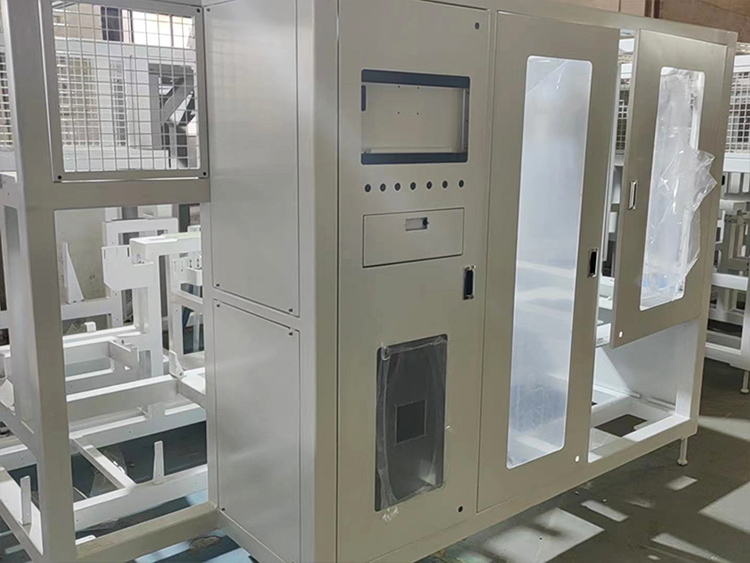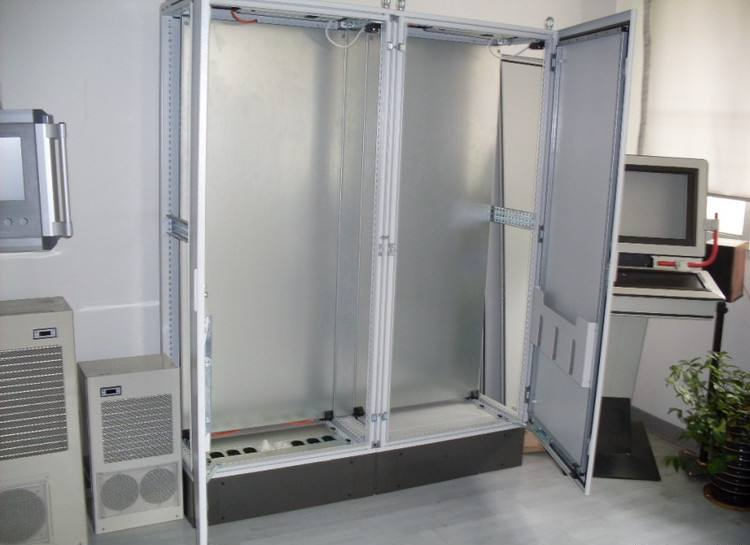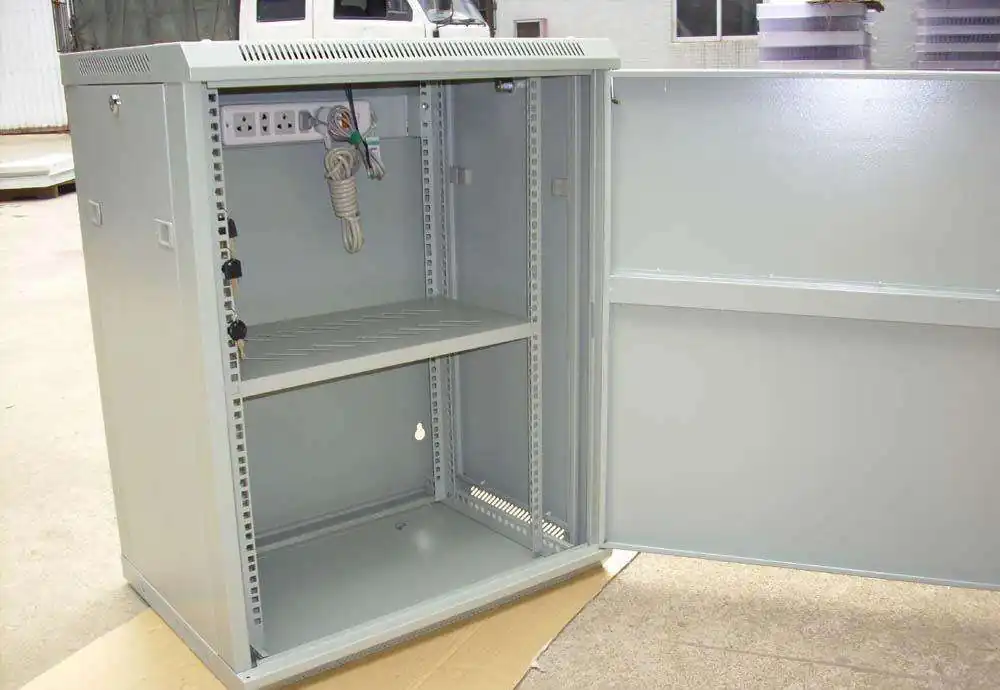With the continuous development of power systems, the material selection of power chassis has become crucial.
Aluminum materials have gradually become an ideal choice for power chassis manufacturing due to their unique properties. The density of aluminum is only 2.7 g/cm³, which is one-third of that of steel (7.8 g/cm³).
Its light weight makes aluminum chassis more efficient in transportation and installation. For equipment that requires frequent maintenance or is installed in a small space, aluminum can significantly reduce transportation costs and labor intensity.
Aluminum materials have good thermal conductivity, with a thermal conductivity coefficient of up to 230 W/m·K, far exceeding the 50 W/m·K of steel.

It can effectively dissipate the heat inside the equipment quickly, keep the equipment running stably, and prevent failures caused by overheating. Under high-load conditions, aluminum chassis can significantly improve the heat dissipation performance of the equipment and extend its service life.
In addition, aluminum is also very corrosion-resistant. The thickness of the oxide film naturally formed on the surface of aluminum is usually 5-15 μm, which can resist the erosion of corrosive substances such as moisture and salt, and is particularly suitable for use in humid or harsh environments.
According to experiments, aluminum power chassis can be used for more than 10 years in salt spray environments such as the seaside without obvious corrosion, reducing maintenance and replacement costs.
Aluminum has excellent processability and can be easily processed into complex shapes by milling, drilling, welding, etc. to meet the design requirements of different power equipment.

Surface treatment such as anodizing can further enhance the corrosion resistance and wear resistance of aluminum, making the chassis more durable and more modern in appearance.
In terms of electromagnetic shielding, aluminum materials can effectively isolate electromagnetic interference (EMI) to ensure the normal operation of power equipment.
In applications requiring high electromagnetic compatibility, such as smart grids, aluminum power chassis can provide reliable electromagnetic shielding to ensure the stability of equipment.
The recycling rate of aluminum materials is as high as 95%, which meets the needs of modern manufacturing for environmental protection and sustainable development.
Under the trend of global green manufacturing, the application of aluminum materials will play an increasingly important role in the manufacture of power chassis.

Aluminum materials have become an ideal choice for power chassis manufacturing with their lightweight, excellent heat dissipation, corrosion resistance, processability and environmental protection advantages, especially for the protection and heat dissipation management of high-load and high-efficiency power equipment.